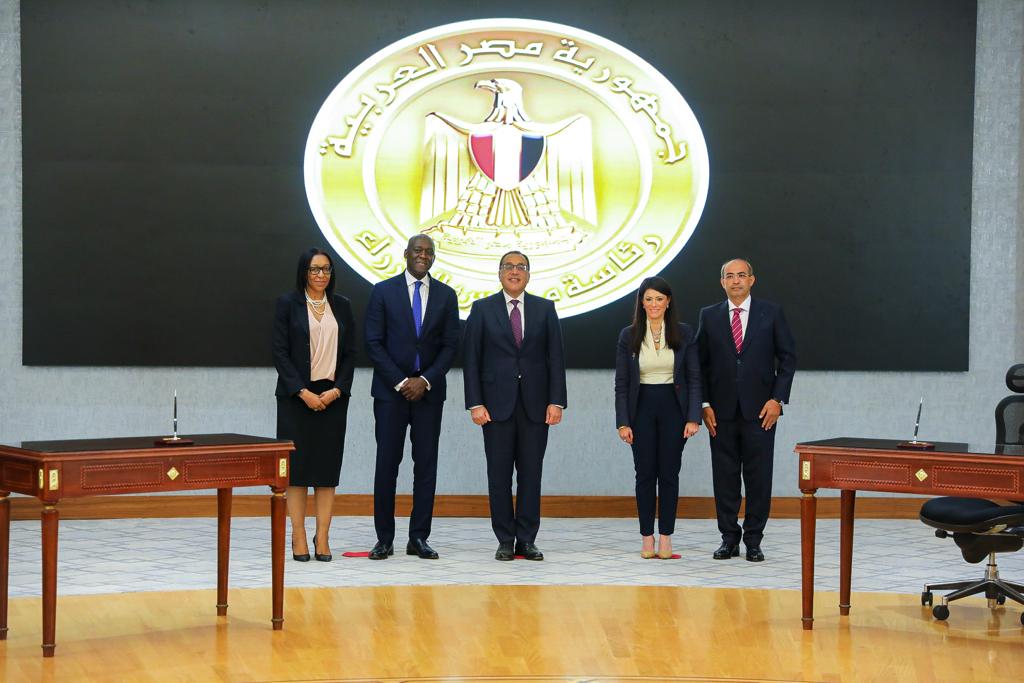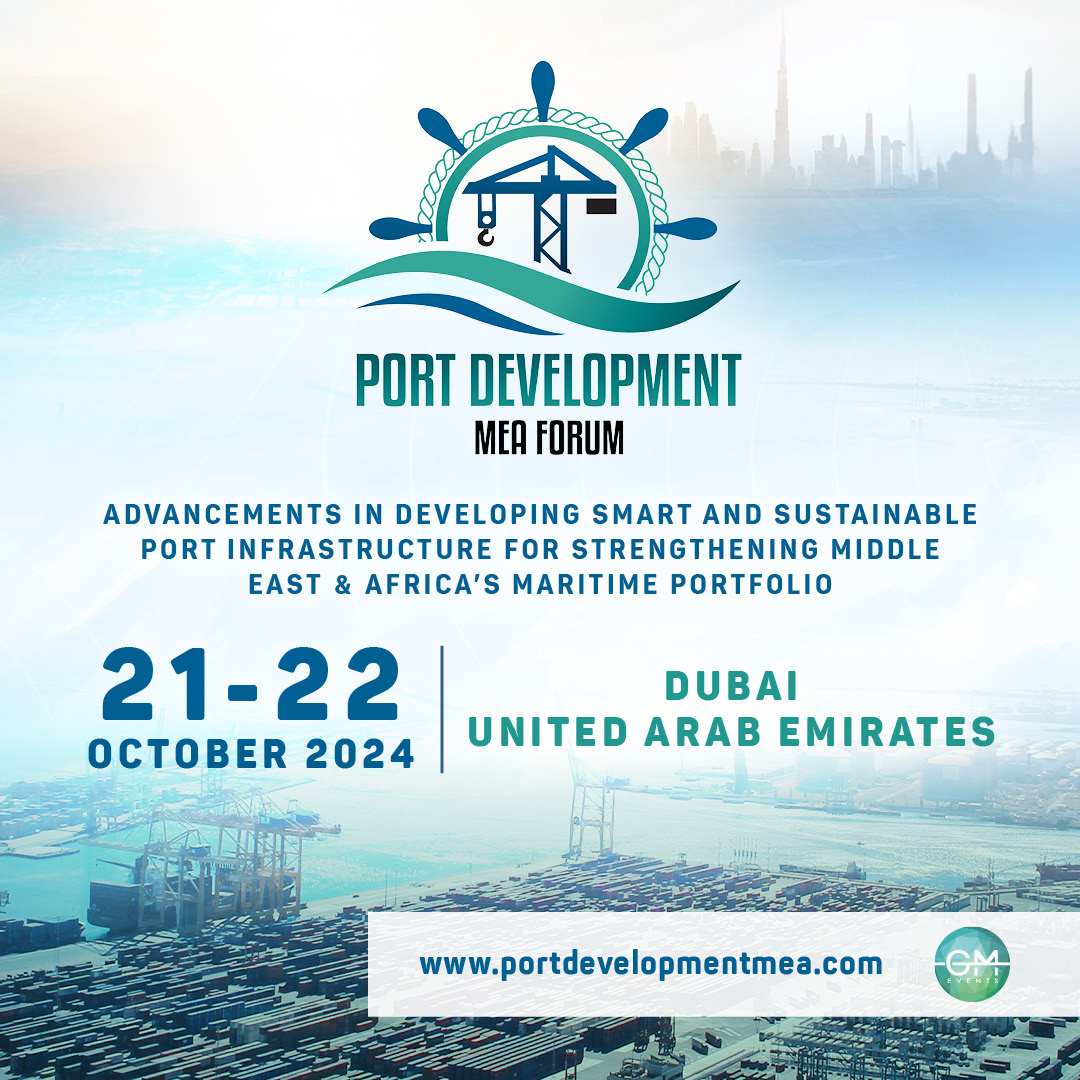
globalbizmag.com
World Bank’s IFC to Help Egypt in Asset Monetisation Programme
The Egyptian government has appointed World’s Bank’s International Finance Corporation (IFC) as strategic advisor for its assets monetisation programme to boost private sector participation in the economy, helping to increase competitiveness, create jobs, and improve living standards for Egyptians.
The government has announced in the past that 32 state-run companies will be privatised by selling stakes to strategic investors, or through Egyptian Exchange or both together, by end of March 2024. The move aims to increase the participation of the private sector in the Egyptian economy to 65% over the coming three years.
The programme aims to harness private capital and know-how to manage state-owned assets. It is also part of the government’s State Ownership Policy (SOP), a new framework rolled out in December 2022 aiming to empower the country’s private sector across sectors to spur economic growth.
As per the Transaction Advisory Services Agreement (TASA) signed in the presence of Egyptian Prime Minister Dr Mostafa Madbouly on Sunday, the IFC will provide the government with technical assistance and advisory support to develop a strategy and implementation plan, help structure and prepare assets for sale – including improving corporate governance – and ultimately implement selected approved transactions.
Dr Madbouly said that IFC has been appointed as the government’s strategic advisor for the asset monetisation programme, leveraging on its experience in supporting private sector companies in emerging markets.
He said that the IFC was uniquely placed to play this role given its neutrality, strong reputation, broad global experience in privatization transactions, IPOs, trade sales and PPP tenders; multi-sectoral experience, and deep ties with strategic and financial investors focused on Egypt.
“Through the new agreement, the IFC will work in close coordination with the Egyptian cabinet’s asset monetisation unit to operationalise and implement the privatisation strategy and harness private capital. The agreement will structure and prepare assets for sale – including improving corporate governance – and ultimately the implementation of selected approved transactions in the second phase of the program,” the Prime Minister said.
Makhtar Diop, IFC Managing Director, said that IFC has been a key partner of Egypt for several decades and its appointment as strategic advisor to support the sale and monetization of state assets will further unlock the potential of the private sector to build a sustainable, resilient, and inclusive economy for Egypt.
Minister of International Cooperation and Egypt’s Governor at the World Bank Dr Rania A Al-Mashat said that IFC is the largest global development institution focused on the private sector in emerging markets and one of its biggest programmes is in Egypt.
Since beginning its operations in Egypt, IFC has invested over $7 billion in investment projects and has an advisory portfolio amounting $34 million in Egypt, which have supported the private sector in key areas such as access to finance, fintech, climate finance, manufacturing, infrastructure and renewable energy, healthcare, and gender.

List of Firms
The 32 companies include three banks – Banque du Caire, The United Bank, and the Arab African International Bank – two companies affiliated with the National Service Projects Organization (NSPO), the military-owned filling station Wataniya and the bottled water company Safi.
The other companies include El Nasr Housing and Development Company, Maadi Company for Development and Construction, El Mostakbal for Urban Development, Misr Technology Services (MTS), Misr Concrete Development Company, Helwan Fertilizers, Egyptian Propylene & Polypropylene (EPP), El-Nasr Mining, Egyptian Ethylene and Derivatives Company (ETHYDCO), Al Hafr Petroleum, Egyptian Linear Alkyl Benzene Co. (ELAB), Sinai Manganese, Egyptian Ferroalloys, Canal Company for Mooring and Lights, Port Said Container & Cargo Handling Company, Damietta Container & Cargo Handling Company, El Salhiya Investment and Development, and hotels owned by the Ministry of Public Enterprises Sector.
The list also includes Misr Insurance, Misr Life Insurance, Jabal al-Zeit wind station, Zaafarana wind farm, the Beni Suef power station, Chemical Industries Development (CID), Paint and Chemicals Industries – Pachin, Al Amal Al Sharif Plastics, and Misr Pharma.










